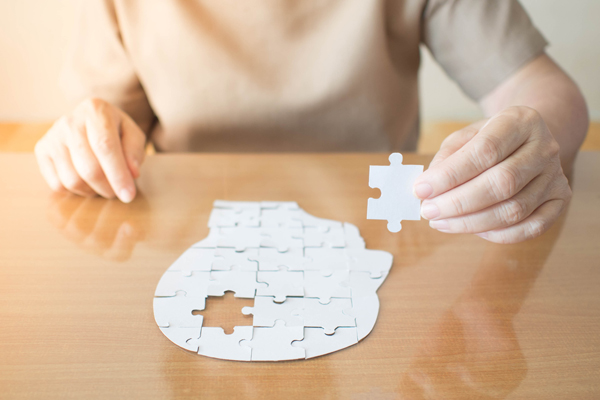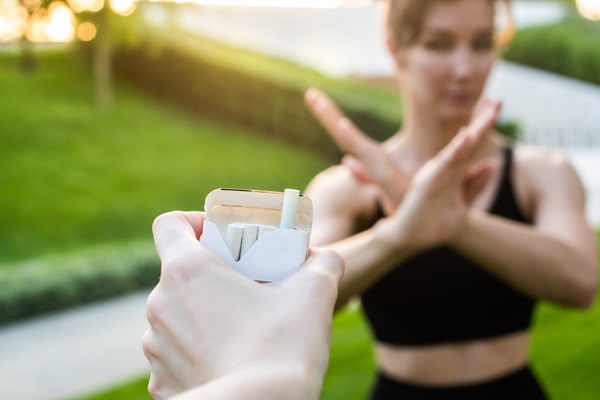How to Treat Adult ADD

If you are one of the many people living with adult ADD, you are probably wondering what the different options are when it comes to treatment. Some require medication, while other methods are simply therapeutic.
The good news when it comes to treating adult ADD is that there are a variety of simple treatments. These are things that you can start doing now that will help you manage your disorder.
Treating adult ADD
1. Medication
When most people think about treatment for ADD, they often think of popular medications that are used to address it, like Adderall and Ritalin. These medications can be effectively used to manage adult attention deficit hyperactivity disorder. But not all patients require medication as part of their treatment. Also, ADHD medication does not work for all patients.
ADD medication can help to improve a patient's concentration and attention span. But it does not address other symptoms of ADHD like procrastination, forgetfulness, poor time management, and disorganization.
Adult ADD medication works best when combined with other types of treatments. The medication becomes more effective when the patient also gets treatments that address their behavioral and emotional issues.
The effectiveness of ADD medication varies from patient to patient. The same goes for its side effects, but the benefits typically outweigh those. Doctors will closely monitor their patients to determine how effective the medication is.
2. Exercise
Getting regular exercise is an effective way to alleviate the symptoms of adult ADD. It helps to improve concentration, mood, memory, and motivation. Physical activity burns off the excess energy that can lead to impulsive behavior. It causes a release of dopamine, serotonin, and norepinephrine in the brain. These chemicals improve the person's attention span and ability to focus.
Exercise actually treats the symptoms of ADD similarly to the way medication does. The main difference is that exercise has no side effects besides being healthier and, perhaps, a bit sore from time to time.
Try to get some exercise every day. It does not have to be an intense workout each day. A 30-minute walk is enough. When it comes to a fitness routine, it is best to pick something fun. Group activities with people you enjoy being around are a great option since you will look forward to interacting with the group on days you might not be interested in working out. Patients should find a physical activity they enjoy and make a commitment to do it regularly.
3. Relaxation techniques
Activities like breathing exercises, yoga, and meditation can be used to reduce the symptoms of adult ADD. These activities improve mental awareness and can be used to improve a person's attention span.
4. Therapy
Different types of therapy can be used to alleviate the symptoms of adult ADD and teach a person better coping skills. For example, cognitive behavioral therapy can be used to identify and address behavior patterns that have negative effects on the patient's personal and professional life.
Frequently asked questions about treating adult ADD
We will go over some frequently asked questions regarding getting treatment for ADD:
1. What are some common treatments for adult ADD?
The most common treatments for adult ADD are medication, therapy, and lifestyle changes. Medications that are commonly used to treat adult ADD include stimulants, antidepressants, and anti-anxiety medications. Stimulants help increase focus and concentration, while antidepressants and anti-anxiety medications can help reduce impulsivity and hyperactivity. Therapy can also help treat adult ADD, as it can provide support and guidance in dealing with the condition's symptoms. Finally, making lifestyle changes such as getting regular exercise, eating a healthy diet, and getting enough sleep can also help manage adult ADD symptoms.
2. What are the side effects of common treatments for adult ADD?
The most common side effects of stimulant medications used to treat adult ADD include insomnia, loss of appetite, and anxiety. Antidepressants and anti-anxiety medications can also cause side effects such as drowsiness, weight gain, and sexual dysfunction. It is crucial to talk to a doctor about potential side effects before starting any new medication.
3. Are there any natural treatments for adult ADD?
There is no one "natural" treatment for adult ADD, as people may find different things helpful. Some people find that certain supplements or herbal remedies can help improve their symptoms, while others find that making lifestyle changes such as getting regular exercise or practicing meditation can be helpful. There is no one "right" way to treat adult ADD, so working with a psychiatrist or therapist is essential to find what works best for you.
Life with ADD
Living with adult ADD? Give us a call and explore the various treatment options in more detail. Dealing with adult ADD does not have to be done alone. With professional help, your symptoms can be managed effectively.
Request an appointment here: https://www.hopetmsofny.com or call Hope TMS and Neuropsychiatric Center at (646) 578-8152 for an appointment in our New York office.
Check out what others are saying about our services on Yelp: Read our Yelp reviews.
Recent Posts
Although often overlooked, mental health is just as important as physical health. Whether you have a mental disorder or are going through a difficult time due to external factors, a psychiatrist can provide professional help. You can also follow several self-care tips outside of treatment to help make your mental health journey easier.Self-care is crucial…
The longer you smoke, the more impossible smoking cessation seems. This is due to the powerful hold that nicotine, a substance in tobacco, has on the brain. Trying to quit on your own may be dangerous for some due to the withdrawal symptoms. Fortunately, we offer a variety of ways to help you kick the…
Any psychiatrist will tell you that eating disorders are serious and, in some cases, fatal illnesses. Eating disorders are often linked with severe disturbances in people’s eating behaviors as well as related emotions and thoughts. Preoccupation with body weight, food and shape usually also signal an eating disorder. The three main types of eating disorders…
Curious about what can help your ADHD treatment work better? Read on to learn more. ADHD is a common neurodevelopmental disorder that affects millions of people worldwide. ADHD treatment options include medication and therapy. However, positive lifestyle changes can also significantly improve the symptoms and quality of life. This article covers different lifestyle changes that…


